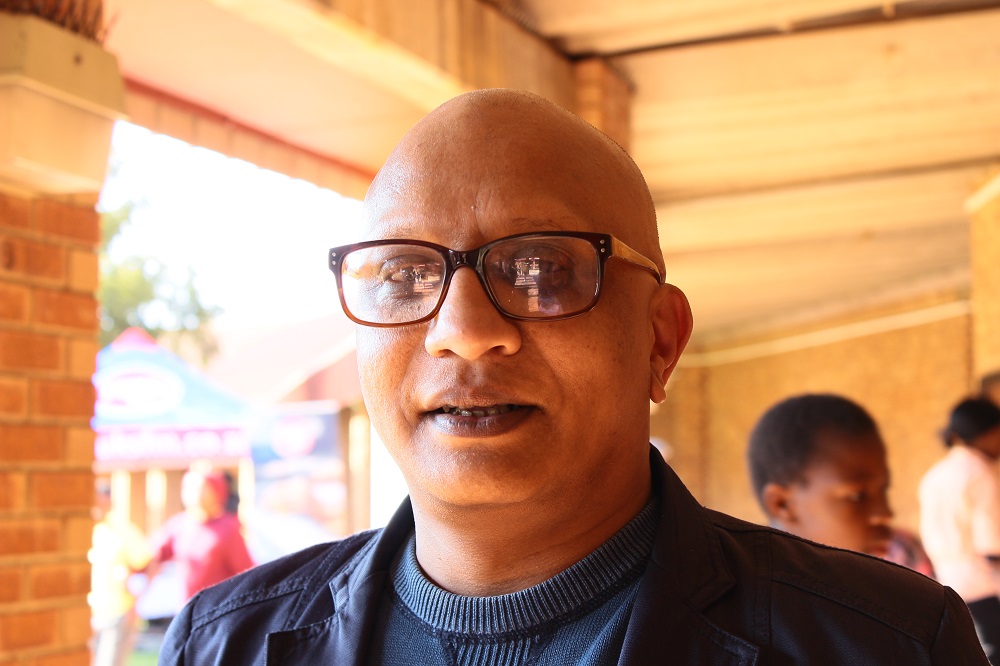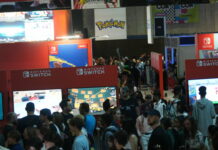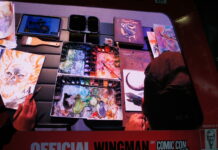South Africa’s communities have a rich archive of stories, and the inaugural Tjo!StoryFest celebrated the importance of storytelling. Professor Vasu Reddy, dean of the University of Pretoria’s faculty of humanities, opened the creative festival on Friday. He spoke to The Daily Vox about why it is so important to keep the collective storytelling of communities active and alive.
Storytelling is what connects us to our humanity, and stories are kind of like building blocks for interpersonal relationships. Stories are very connected to people, to their homes, and their locations. That’s what community archives are about. An archive is a rich repository of experiences – whether people tell them through stories, whether they write about them or share them through their photographs. That is a community archive. There is so much that we store that we probably don’t hear about and what a story festival like this does is it gives us the opportunity to really listen to stories that people have to tell. The way we tell stories is critically important. You don’t have to be a published author to be able to tell a story – there is a story in all of us. Whether it’s about an experience, a day at work, or the problems that trouble me.
As much as storytelling is important, story listening is equally important. You can’t tell a story if you don’t have a listener. It’s about looking at the moment and reflecting on our experiences, but it’s also about trying to create something new about where we want to go, and that’s what a festival like this is all about. It’s about looking ahead, looking at our moments. It’s also about generating creative ideas, developing a love for books and reading, and inspiring a new generation of younger people who want to make sense of themselves.
Where we are located, in the context of Africa and here in Mamelodi, is really special because we are people who are deeply connected to our space and to our community. Mamelodi is an example of a huge living space of people in this capital city that has largely been untapped. There are so many people here with wonderful stories that resonate with our political struggles.
Conversation is ultimately what moves our stories forward, what enables people to be not only storytellers but to also become story listeners. We definitely need more community spaces, more community initiatives to engage talking about our experiences, stories, about the value and relevance of books and all the genres that make up literature, art, and music. That is what gives people the opportunity to come together and talk to one another.
I don’t think South African communities are very actively involved in the process of storytelling and reflecting on their experiences. It might happen in different ways, but we need to think of how we can actively do that in more formal ways. Look at the conversations people have over dinner, if people have those regularly. We are living in a culture where there’s too much focus on social media; people very rarely even speak to each other, but are simply engaged on their cellphone or watching television. Therefore, we need more effort, more activity such as festivals of this sort, bringing people and storytellers into communities where there wouldn’t otherwise be these opportunities, to get people to talk about these things.
We need to be telling stories in our own languages, and particularly in African languages. That’s one of the themes that is coming through in the conversations at the festival: how can we inspire a generation of authors and storytellers to write in their own languages. Obviously people have choices, but writing in the language you have been accustomed to is really powerful. That’s also important to really promote the languages of our birth and to develop a reading culture in those languages. Parents need to understand how important it is to instil a culture and inspire their children about the value of reading, writing, and language, because it really helps us to make sense of this world. Let’s not see reading and writing books as a problem, but as a real possibility for the hopes of our future.
As told to Nolwandle Zondi, edited for brevity and clarity.










